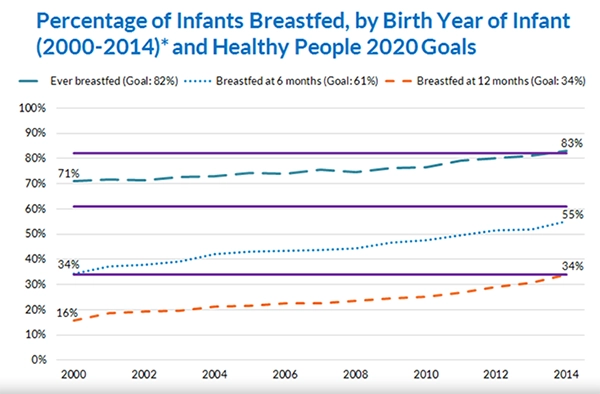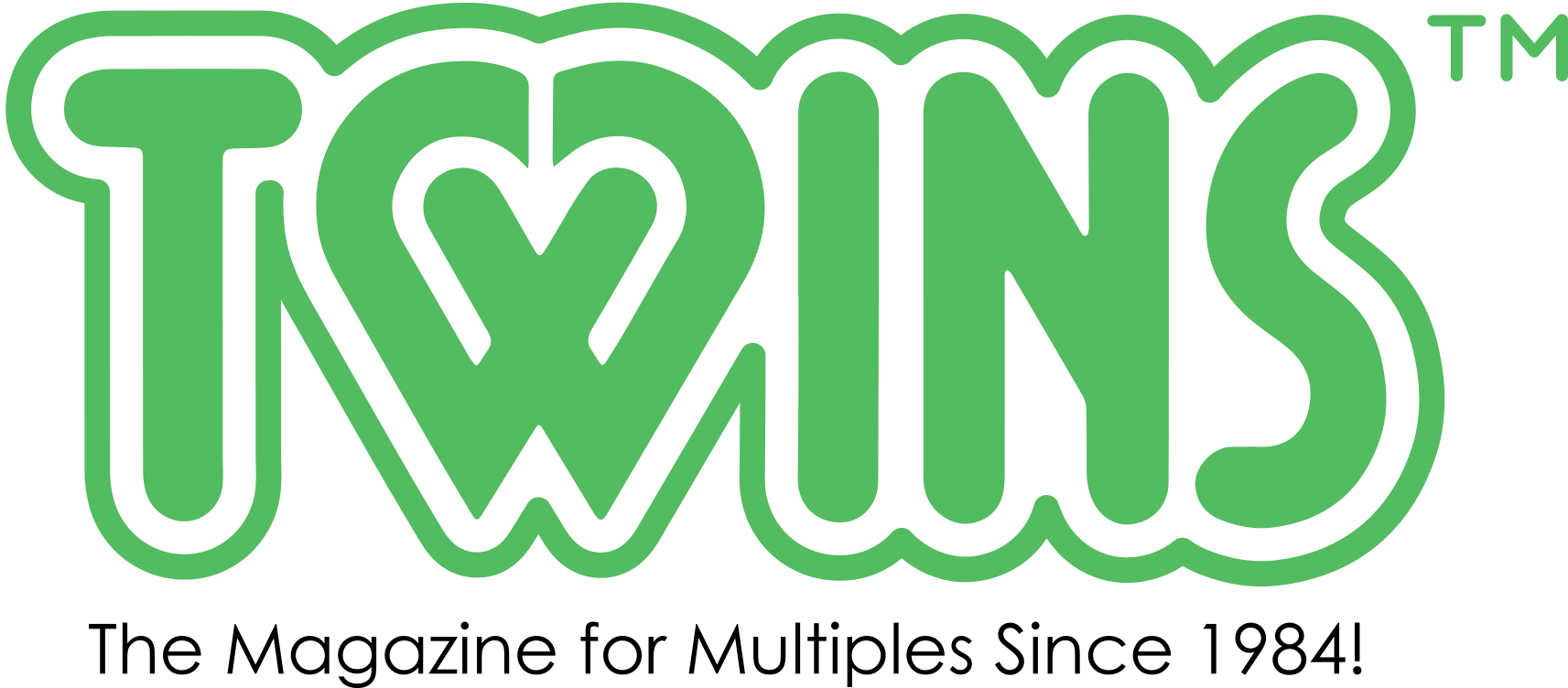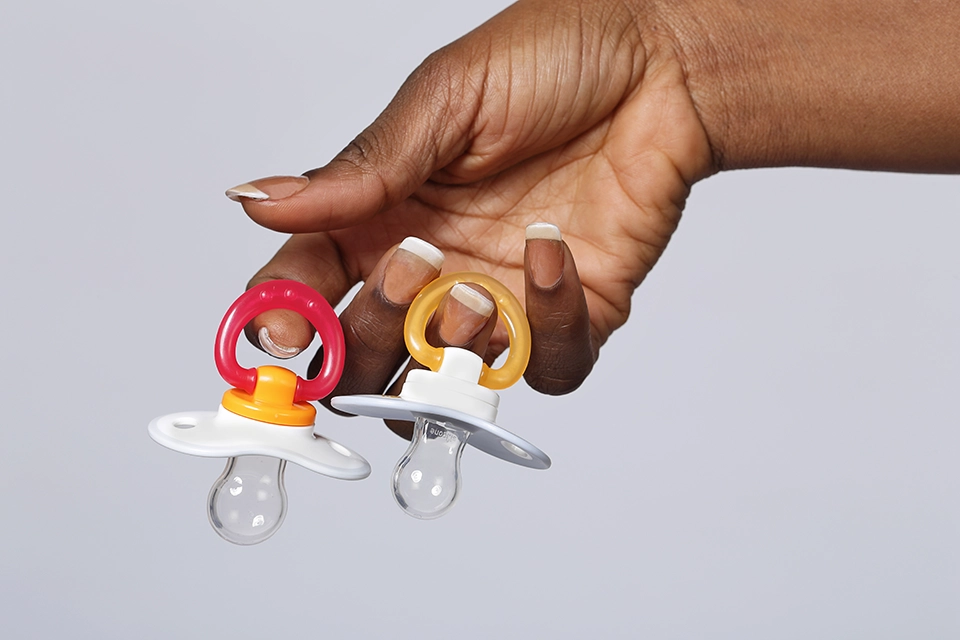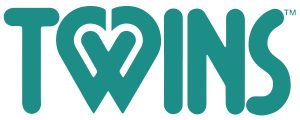As parents, we always want what’s best for our babies. And often, choosing between breastfeeding and formula-feeding is one of the most challenging decisions expectant parents have to make. Health experts recommend breastfeeding for at least six months because they believe it is “nature’s perfect food” and ideal for a human baby’s overall system. Studies have shown breastmilk’s optimal nutrition advantage (lactose, whey, and casein protein, and fat)— the right proportions, easy digestibility, availability, and cost-effectiveness.
A study by CDC in 2015 showed that 4 out of 5 women (83.2 percent) have started out breastfeeding their infants, and almost 46.9 percent were able to continue for three months exclusively.
During the early days after childbirth, the breasts produce colostrum – a thick and yellowish fluid that many call “liquid gold.” The colostrum is protein-rich, low-sugar, and loaded with beneficial compounds that babies need to thrive both early and later in life. Studies show that breastfed infants had reduced risks of asthma, type 2 diabetes, obesity, ear and respiratory infections, eczema, and sudden infant death syndrome (SIDS). Not only does it help infants but breastfeeding also has some notable benefits for mothers. It lowers a mother’s risk of developing hypertension, type 2 diabetes, osteoporosis, breast (affects 7,500 women per year), and ovarian cancer (affects around 2,000 women per year). With all of these benefits, you would think that every parent would be breastfeeding by now, but statistics show that such is not the case.

There is still a significant gap or a caveat. In a collection of statistics by Child Trends, parents who are younger, unmarried, have lower educational attainment or live in poverty report low breastfeeding rates. There is also a diversity based on other demographic factors such as ethnicity, maternal age, marital status, and maternal education play a significant role in the decision of whether or not to breastfeed.
For some women, breastfeeding is not an option. Some choose not to. Some are physically unable to produce enough milk, no matter how much effort and preparation they put into it. There are also cases when women have medical conditions when it’s best for them not to breastfeed. The decision to breastfeed or formula-feed is based on a woman’s comfort level, specific medical conditions, and lifestyle. Judgement from others shouldn’t be a factor.
Your parenting journey is as unique as you, and though challenging as it could be, it should be one that strengthens the connection between you and your baby.
10 TIPS FOR BUILDING A STEADY MILK SUPPLY THROUGH BREASTFEEDING
Mothering twins and multiples comes with unique challenges. Breastfeeding one baby is one thing but what if you’re feeding two of three? We understand that mothers worry about producing enough breast milk, and here are a few tried and tested tips for creating more fluids and building a steady supply, fast.
1. Start immediately
The breastfeeding journey starts right after your baby is born, so don’t wait. Your infant is used to feeding on demand through your placenta. Now that she is out of your womb, you need to establish skin-to-skin contact and develop a pattern by offering your breast so that he or she can immediately receive the immunologic advantage of your colostrum, especially crucial in this new environment where infections and diseases abound. Introducing your breast during the first hours of life also trains them to suck more vigorously, which is essential to establishing supply and demand. With this, you even start stimulating his digestion and a regular bowel movement.
2. Nurse on demand
This is where you will see the magic of the breastfeeding journey. The more your infant nurses, the more milk your breast will produce. So if you’re worried about not being able to provide enough for your twins or multiples, believe me when I say, “You can!” and that there will be enough as long as you take their cues, which boosts milk production faster than you expect.
3. Pump in between nursing periods
While this might leave you sore for the next three days to a week, it is essential to building an enormous supply that meets your baby’s needs. After every nursing session, we advise that you pump for an additional 10-20 minutes to fully empty your breasts, signaling for your body to make more milk.
4. Eat and drink more
The saying, “You can’t give from an empty cup,” is authentic. Caring for newborns is a tedious job, which might leave you a little less concerned about your well-being, which is counterproductive when you are trying to establish a sufficient milk supply. Prioritize eating and sleeping enough because nothing can tank milk supply faster than a dehydrated or undernourished mom. It is also vital to hydrate. Carry a water bottle everywhere you go and drink at least 3 liters to sustain your needs and the babies.
5. Supplements
Mothers breastfeed their infants because of the promise of nourishment. However, if the mother is not getting adequate nutrients, it could cause malnutrition in her babies. Mothers should have a conscious effort to have sufficient amounts of iodine, vitamin B6, B12, E, folic acid, iron, calcium, copper, magnesium, phosphorous thiamine, riboflavin, and zinc, especially those who are not reaching their 2200 daily calorie intake. Plant-based moms need to mind their serving of vitamin B12 because they are only present in animal meat fibers, and are crucial for tissue health, red blood cell production, and brain function.
6. Munch on lactation cookies
Now, you might wonder, “how on earth can a cookie influence lactation?” I get you. I mean, it’s just a cookie, right? But with the right ingredients, they can do magic. Lactation cookies contain galactagogues (ex. turmeric, oatmeal, fennel seeds, milk thistle, etc.) or substances found in herbs and food that promote lactation. They are usually combined with some ingredients such as brewers yeast, which are rich sources of B vitamins, chromium, selenium, and protein that boost energy and the immune system. You will also see flax seeds for fiber and omega fatty acids that promote healthy digestion, heart health, and cholesterol improvement. Wheat germ for zinc helps prevent post-partum depression and boosts increased immunity.
7. Massage your breasts
A breast massage or compression therapy while nursing is a great way to push more milk out and evenly empty the breasts.
8. Get lots of rest!
Breastfeeding or not, you need your sleep, mom! Ideally, try and get 7-8 hours per day, and add naps when you can. When you are sleep-deprived, your body releases a hormone called cortisol, the stress hormone, which may decrease milk supply. Adjusting your sleep patterns to support your twins isn’t always easy but do what you can to get some extra z’s when you can. Engage family members to help, or sleep when the twins sleep to allow your body to heal and recover.
9. Don’t play favorites
Some breasts produce more milk than the other, that’s normal, but it doesn’t mean that you’ll abandon the other just because the other performs better. Remember that our breasts react to stimuli. The more our babies nurse, the more we produce. If the boob is not producing enough, all the more you need to offer it to your infant so that it gets the stimulation, it needs to provide more. Another option is to pump on that side that’s not producing enough milk.
10. Get expert help
In conjunction with your doctor, a lactation consultant is someone you can get advice and opinions from when it comes to milk supply issues. She can point out where you’re lacking, what you can improve, what latching position is more beneficial, and what techniques you need to undertake as best practices. Supportive as he may seem, your spouse doesn’t really have the experience to provide a piece of sound advice on the matter, and we have to accept that.
Each person’s journey in life is unique, and breastfeeding is no exception.
Choosing to breastfeed or otherwise is a personal choice. Whether your reason not to breastfeed is because of underlying medical complexities, or because it’s just not in your comfort level, whatever you choose is okay. You’re a parent who wants what’s best for your family, and breastfeeding should not be the ultimate gauge for your child’s love.
Be kind to yourself and embrace motherhood. It’s the best role there is!





